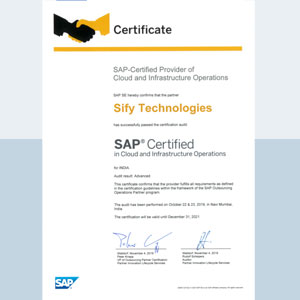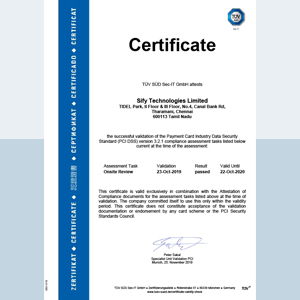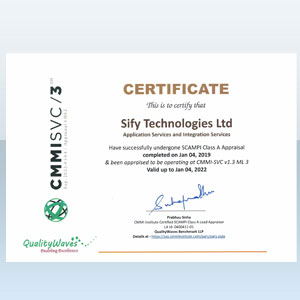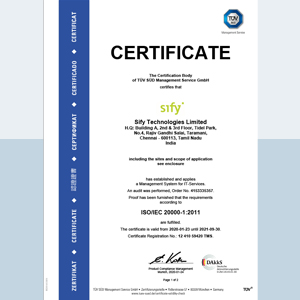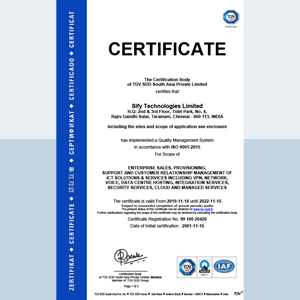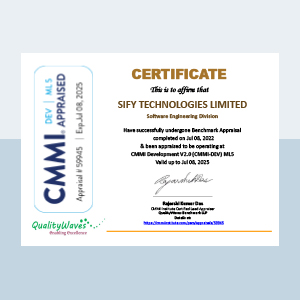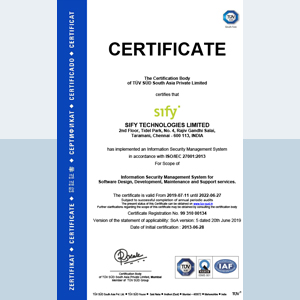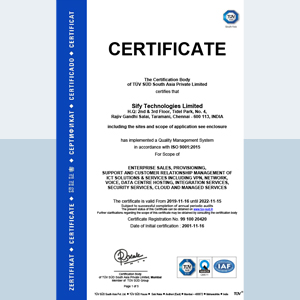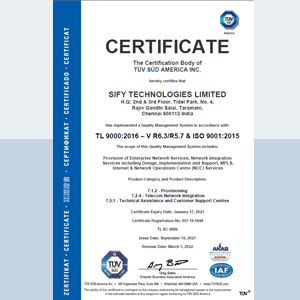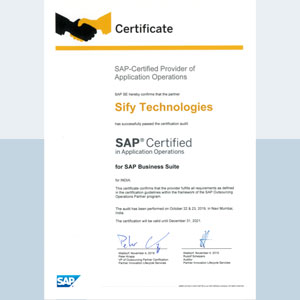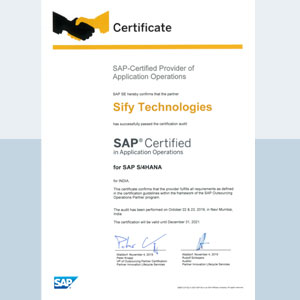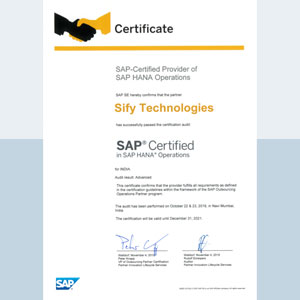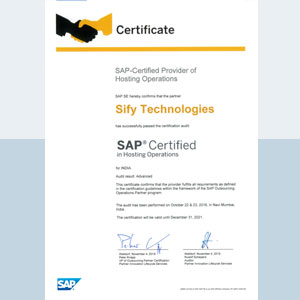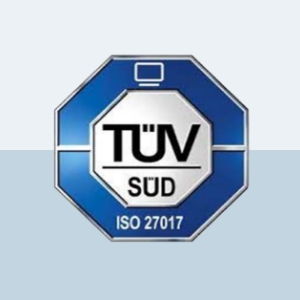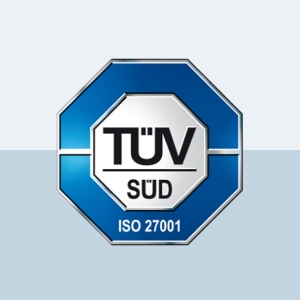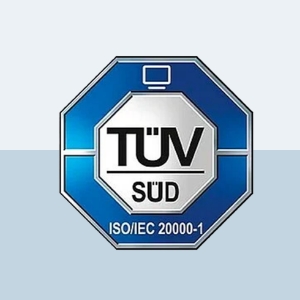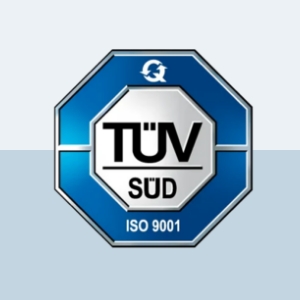Revolutionize Your Supply Chain with ForumNXT Retail Intelligence
Key Takeaways
The paper highlights how organizations are prioritizing digital transformation to enhance supply chain resilience in today’s evolving market. Key trends identified include the rise of omnichannel experiences, the integration of advanced technologies like AI/ML, and the growing adoption of ESG standards to drive sustainability. The paper also addresses the challenges businesses face, such as fragmented distribution channels and cost control in digital infrastructure, while emphasizing the importance of partnering with service providers that offer end-to-end solutions and unified management to streamline operations and foster agility.
Overview
- Industry Evolution: Manufacturing industry is evolving with technological advancements, changing consumer demands, and sustainable practices driving growth.
- Economic Impact: Manufacturing contributes 17% to India’s GDP, with a goal to export goods worth US$ 1 trillion by 2030.
- Consumer Expectations: Increased connectivity and access to information have heightened consumer demands for availability and quality.
- Supply Chain Optimization: Businesses are reinventing value chains, integrating tools like DMS, SFA, BI, and OLAP for enhanced efficiency and transparency.
- Technological Integration: Adoption of AI, ML, IoT, and cloud technologies is transforming supply chain operations, enabling real-time visibility and predictive analytics.
- Risk Management: Emphasis on supply chain risk management (SCRM) to mitigate global disruptions and enhance resilience.
- Sustainability Focus: Growing regulatory requirements and consumer expectations drive the adoption of eco-friendly practices and ESG standards.
- Platform Capabilities: Sify’s Retail Intelligence Platform provides comprehensive control and real-time visibility, automates sales processes, and integrates seamlessly with ERPs and GST portals.
- Scalability and Security: Designed for scalability, interoperability, and security, ensuring a low total cost of ownership and minimal disruption to existing IT infrastructure.
- Case Study: Showcases a successful implementation for an FMCG company, highlighting improved efficiency, integrated operations, and enhanced sales performance.
- Future Outlook: The integration of advanced technologies promises continued transformation, improved efficiency, and sustainability in supply chain management.









